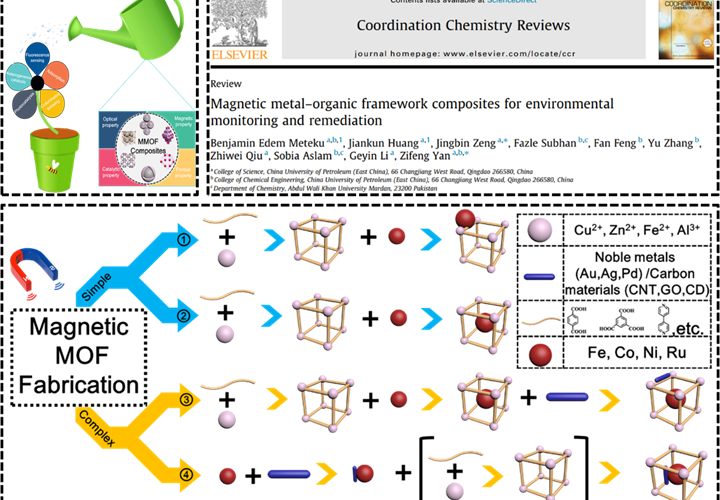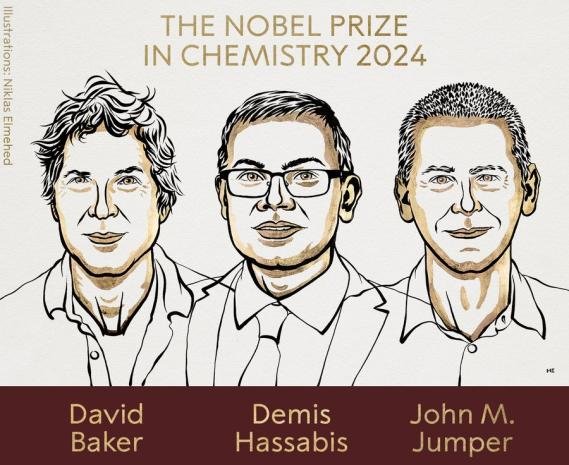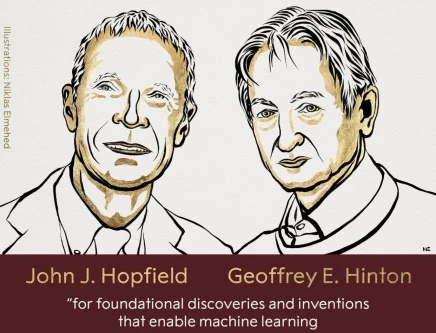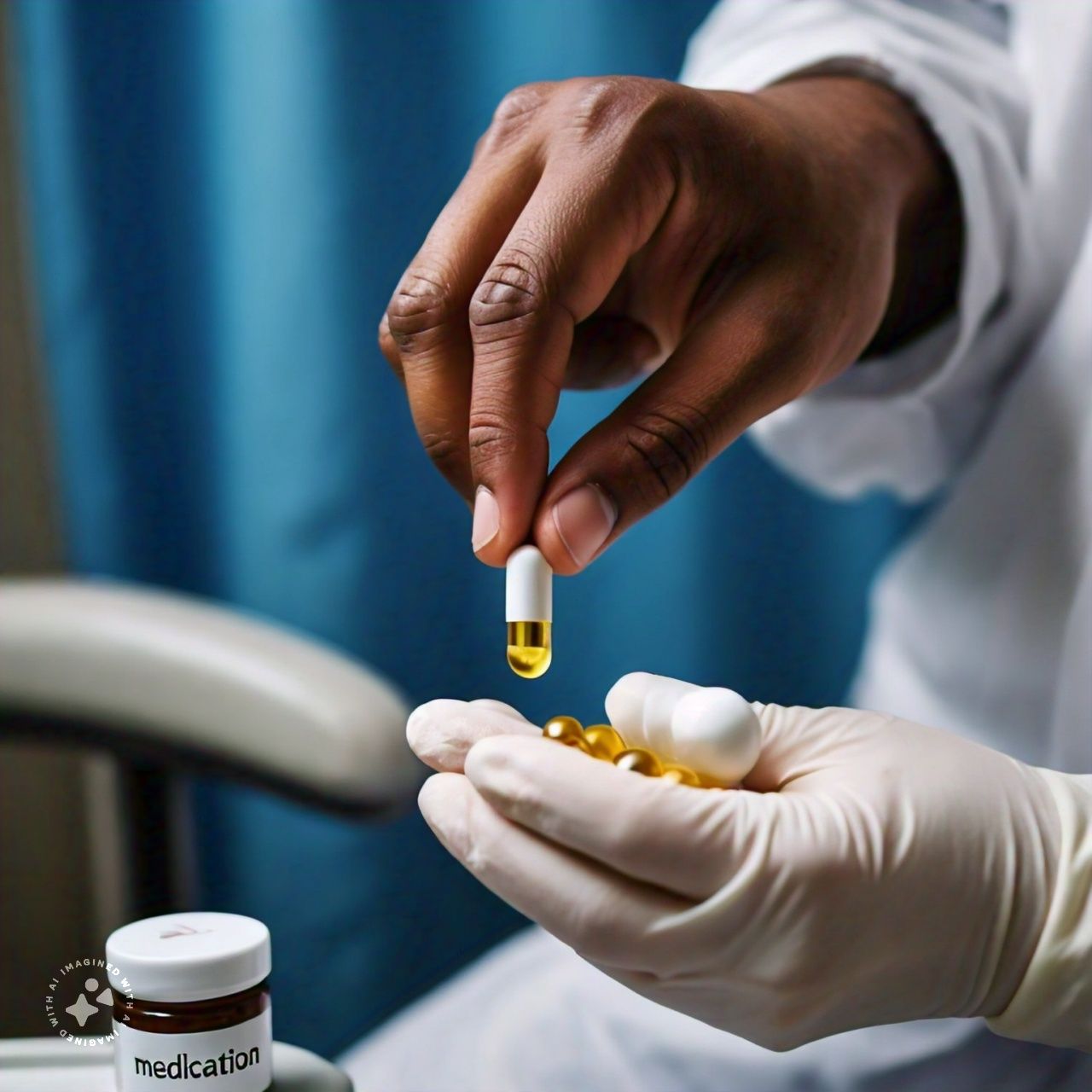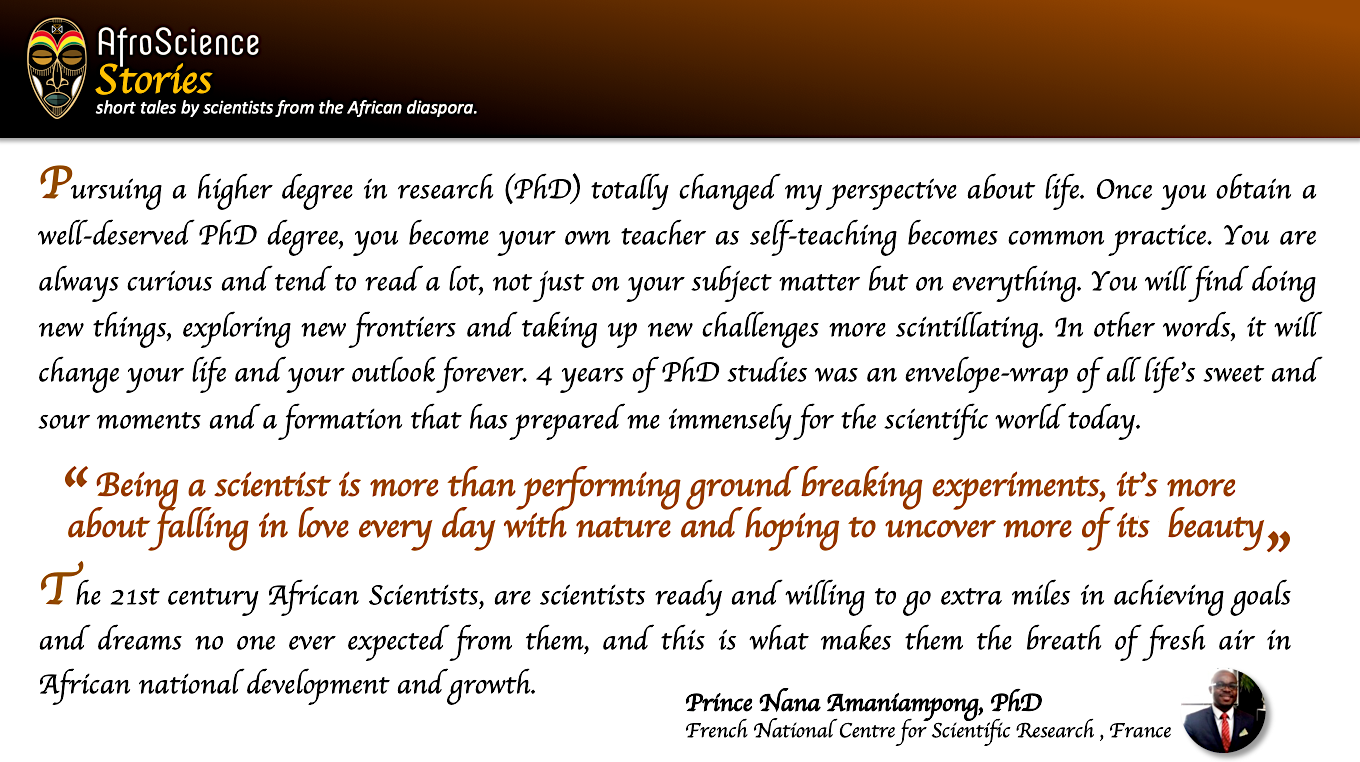Akurugu Christopher Akuka grew up in a small village in the Bawku West District of Ghana where water, sanitation and hygiene were major problems. At an early age, he witnessed outbreaks of cholera and diarrhoea which made him wonder; “Why are we defecating on the same ground where our community well is located? Are these two events connected? What effect will it have on my family?”
Akurugu Christopher Akuka grew up in a small village in the Bawku West District of Ghana where water, sanitation and hygiene were major problems. At an early age, he witnessed outbreaks of cholera and diarrhoea which made him wonder; “Why are we defecating on the same ground where our community well is located? Are these two events connected? What effect will it have on my family?”
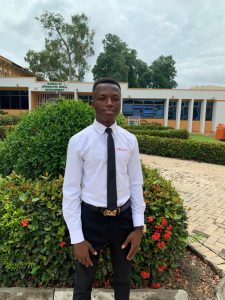 Christopher was born into a large family, which meant that his parents had to travel out of the community to faraway regions to make ends meet. Because of this working arrangement, he was often left in the custody of guardians who made him work hard on the farm and herd cattle over long distances. Christopher found this troubling because it took him away from his true passion; “learning”. He had a strong passion for mathematics and was one of the best students in his school. He worried about his dilemma so much that it led him to a bold decision of running away to find his parents with the hope that he would be free to pursue his passion.
Christopher was born into a large family, which meant that his parents had to travel out of the community to faraway regions to make ends meet. Because of this working arrangement, he was often left in the custody of guardians who made him work hard on the farm and herd cattle over long distances. Christopher found this troubling because it took him away from his true passion; “learning”. He had a strong passion for mathematics and was one of the best students in his school. He worried about his dilemma so much that it led him to a bold decision of running away to find his parents with the hope that he would be free to pursue his passion.
Reunited with his family again, Christopher was able to focus on his studies and advance his interest in mathematics. He did not find any connection between his elementary algebra and his many questions about the world and the universe at large, but he entertained his interest through to the Bawku senior high school where he met Mr David Puzer Bagunabteng, a Physics instructor who inspired and led him down the path of Applied Physics. In senior high school, he learned about hydraulics (the movement of fluids), the electrical properties of matter and many other exciting concepts that would form the bedrock of his future studies. He also got to apply the mathematical concepts he was familiar with to calculate unknown variables and represent natural phenomena through equations.
Christopher was certain that he wanted to study Physics at the University, but he was faced with yet another challenge of financing his university education. He knew that his family would not be able to afford it, and his benefactor, who had supported him throughout senior high school, passed away before he could begin his advanced studies. He stayed true to his aspirations and worked hard to raise some money to purchase application forms to two universities; the University of Ghana and the Kwame Nkrumah University of Science and Technology.
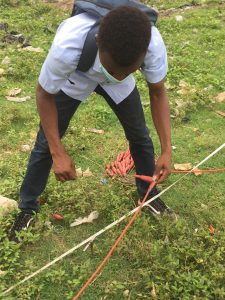
While working on his application to the Kwame Nkrumah University of Science and Technology (KNUST), a teacher in one of the neighbouring senior high schools encouraged him to apply for the Mastercard Scholarship and even printed out a copy of the application form for him. The teacher; Mr Antwi Mensah turned out to be his unexpected benefactor because Christopher was awarded a fully-funded scholarship by the Mastercard Foundation to study at KNUST.
It was in KNUST that Christopher finally found answers to some of his questions. Through the application of the Geophysics concept of electrical resistivity, he was able to study how far liquid waste material travelled into the ground, and how likely they were to reach groundwater sources. The research was quite messy and involved him collecting field data from decommissioned waste sites in Kumasi along with his co-researcher Hudu Mustapha. The idea behind the electrical resistivity method was that all materials resisted the flow of electrical current to some extent, and so by injecting electrical current into the ground at the waste site, the difference in electrical potential between the surface and the depth of travel of the current can be measured using a pair of potential electrodes. Based on those values, it would be possible to calculate the apparent resistivity of the ground which in turn could be used to deduce the depth of groundwater and other hydrogeological properties.
Christopher’s research revealed that waste materials had leached into the ground at a depth that was similar to the depth of the groundwater, meaning that it was very likely that the groundwater could be contaminated. These findings formed the basis of his undergraduate thesis and would inform hydrogeological planning for the area in the future. It also convinced Christopher that there was more to be discovered through physics.
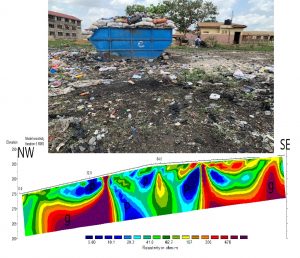
Christopher has explained that he would like to continue with his master’s degree right after he is done with his mandatory National Service, but for now, he is happy to celebrate his graduation and research findings with his friends and loved ones in anticipation of bigger things to come.
Conflict Of Interest
The views and opinions expressed in this article are those of the author, and they do not purport to reflect the policies, opinions, or views of the AfroScience Network platform.
Disclaimer
This article has not been submitted, published or featured in any formal publications, including books, journals, newspapers, magazines or websites.
Be the first to comment
Please login to comment







